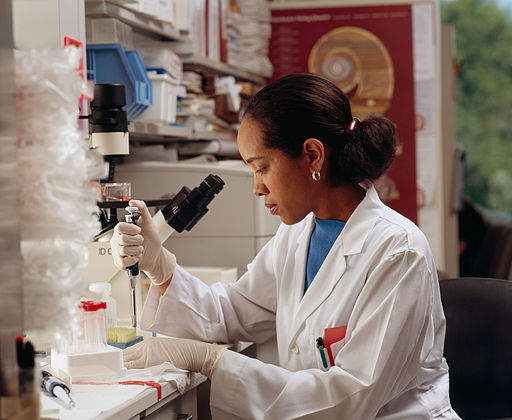
Pharmaceutical firm Sanofi and German drug development partnership company Evotec have announced the formation of a new open R&D platform for the research of infectious diseases, to be led by Evotec. The platform will have an initial focus on developing mode-of-action antimicrobials and will be open to academia, biotechnology and pharmaceutical companies, and government agencies.
To support the new platform, Sanofi will license more than 10 of its infectious disease R&D assets and its early-stage development portfolio, as well as its team of researchers in this area – making up approximately 100 members of staff – over to Evotec. The research team will be based near Lyon, France to make use of the site’s scientific and medical ecosystems.

Discover B2B Marketing That Performs
Combine business intelligence and editorial excellence to reach engaged professionals across 36 leading media platforms.
Sanofi will retain option rights for the development and commercialisation of the medications. The French company is due to pay €60m ($74.4m) as well as longer-term funding to Evotec, in a transaction that is expected to close in the first half of this year.
“Sanofi has a long and established history in the fight against infectious diseases, and we remain committed to addressing global health challenges through our development efforts and vaccines,” Sanofi president of global R&D Dr Elias Zerhouni said. “Research in the field of anti-infectives is an area where building critical mass through partnering is particularly important. This new French-based open innovation centre will benefit from the high-quality science ecosystem. Evotec is a trusted partner in drug discovery and has the ambition and capacity to become a real leader in the fight against infectious diseases.”
Evotec is committing more than 150 scientists to the expansion and acceleration of anti-infective drug discovery and development. The company will also extend its long-term initiatives to include the maintenance of a project portfolio aimed at diseases affecting developing countries.
“Since the acquisition of Euprotec (UK) in 2014, Evotec has had a significant strategic interest and demonstrated expertise in infectious diseases research, with an ambition to grow and become the drug discovery and development leader in this space together with its partners,” Evotec CEO Dr Werner Lanthaler said. “We are pleased to be working and expanding our strategic relationship with Sanofi, which has a long history in providing novel anti-infective agents to markets globally. Finding a way to motivate more public funding and academic initiatives for the progress of novel anti-infectives on Evotec’s platform will be a key success factor for this initiative.”

US Tariffs are shifting - will you react or anticipate?
Don’t let policy changes catch you off guard. Stay proactive with real-time data and expert analysis.
By GlobalDataInfectious diseases can be spread from one person to another either indirectly or directly and are caused by bacteria, viruses, fungi or parasites. Current treatments include antibiotics and antiviral medications, however many strains of bacteria-induced infectious diseases are becoming resistant to antibiotics. Almost a million people die of resistant infections each year, and estimates suggest that by 2050 10 million lives will be at risk each year due to drug-resistant infections. The World Health Organisation has labelled antibiotic resistance as one of the three greatest threats to human health today.
The recent partnership is not the first between Evotec and Sanofi, with the German firm contributing €3m to Evotec and APEIRON Biologics’ late stage pre-clinical development of a new immuno-oncology molecule in January . The three-party alliance will see the companies collaborate to identify molecule leads and targets for next-generation therapies in immuno-oncology.
Evotec has several ongoing partnerships with pharmaceutical companies for drug development programmes. In September 2017 the firm signed a collaboration agreement with MaRS Innovation in Toronto, Canada. Their first project was identified on 15 February 2018, aiming to develop treatments for Netherton Syndrome, a rare but severe skin disease. Treatments will be based on compounds targeting kallikrein, which previous research has shown to be key to the development of skin inflammation.





